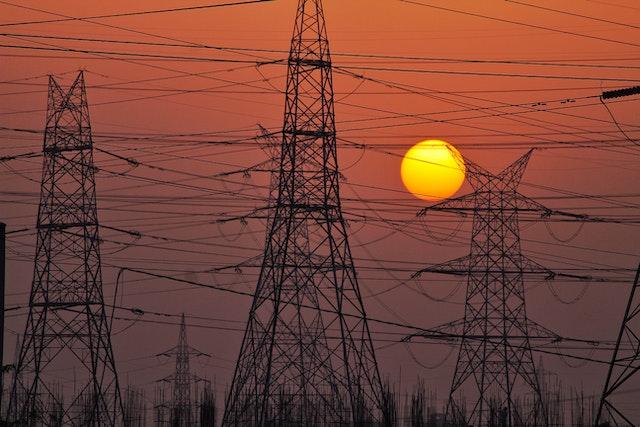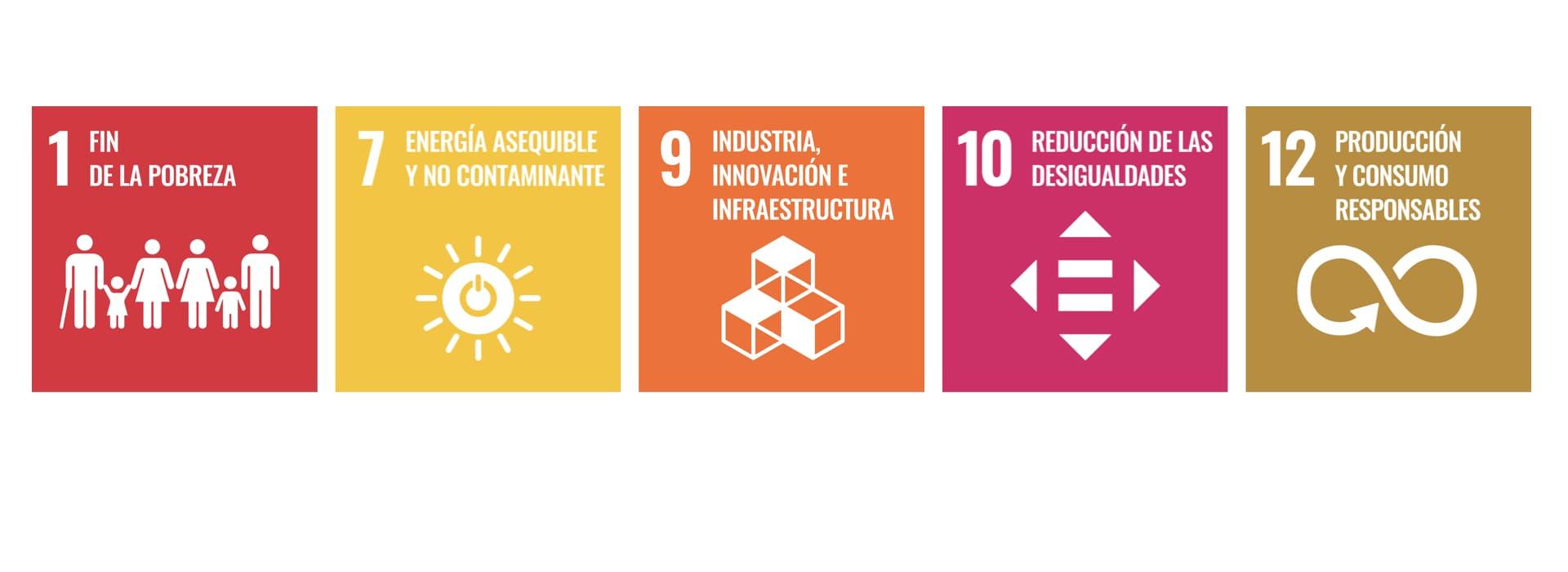
- About UPF-BSM
- Programs
- Faculty and research
- Companies and Organizations
- News & Events
The European energy dilemma
12 Septiembre - 2022
Jaime Batlle
Co-Director of the Postgraduate Course in Executive Development in Sustainable Business
__
The price of electricity derives from an "accounting trap" that former Spanish Minister of Economy Rodrigo Rato granted to the electricity companies to establish the price of electricity based on the most expensive source. That is, from gas.
At that time, limiting the use of coal for electricity production was not included as a Sustainable Development Goal (SDG), something that Europe embraced years later for the sake of the so necessary decarbonization for the preservation of the environment. Be that as it may be, the "accounting trap" –first at the Spanish level, and now at the European level–, has generated enormous profits for electric companies.
Before the war in Ukraine, inflation was already looming, public deficits were rife, and the debt crisis was out of control in Europe
But the scenario is different now. The war in Ukraine and the consequent economic sanctions against the Kremlin have caused Russia to turn off the tap of its gas to Europe –very cheap, by the way– at a time when, regardless of the Russian invasion of Ukraine, inflation was looming and public deficits were rife. All this, under the scenario of the debt crisis of dimensions difficult to assume and beyond any responsible margin in Europe and for the sake of being able to tame the runaway horse that European economy was becoming.
This is the situation that results in an evident problem with several realities and unknowns to be solved:
- How to control inflation (caused not only by the escalation of energy prices –core inflation is close to 6% in Europe now).
- How to supply energy to Europe at reasonable prices to control inflation and maintain production and GDP generation to ensure minimum citizen welfare in the face of Russian gas supply cut-off.
Solving these problems involves adopting a series of measures that are far from easy and involve managing complex trade-offs.
Prioritizing the 2030 Agenda or the economy
Saving energy is a premise that contains the most elementary common sense and decoupling the price of electricity derived from that generated by gas is another urgent measure that should be applied, even if it means eliminating the enormous benefits for electricity companies, once granted.
For this, the decision is simple, but no less complex: either to carbonize electricity production for the sake of a more competitive price but contrary to the policies of the 2030 Agenda, or to assume the high cost of electricity –produced from gas– with the consequent negative economic impact in an inflationary environment and generalized debt crisis in Europe.
Energy saving and the unmitigated promotion of renewable energies and their storage are essential scenarios
The decision, therefore, is not an easy one, and in its adoption we are witnessing the fissures of solidarity between the different European countries that have to adopt it, each of them looking within their own borders and their own needs, both social and economic.
In this context, we can clearly see the position of France, interested in promoting nuclear energy, or that Germany, interested in securing gas supplies through the gas pipeline that passes through Spain and guaranteeing supplies from the Maghreb (Algeria).
In any case, the solution involves undeniable scenarios and, of course, complex decisions that will condition Europe's economic future in the medium to long term. Unrenounceable scenarios are energy saving and the decisive promotion, without palliatives or delays, of renewable energies and their large-scale storage.
What will be the model for producing electricity?
But while these two solutions do not currently guarantee supply and a reasonable price, in order to continue generating GDP that will allow the European economy as a whole to overcome the current difficult context, the most complex decision must be taken urgently: what will be the model for producing electricity.
Nuclear energy should be the model until the transition is completed, which will undoubtedly be crowned, sooner or later, by renewable energies.
Spain can play a key role if it consolidates its position as a technological instrument in renewable energies and as a power in their storage and transportation
In this scenario, Spain can play a key role if it consolidates inertia, and if we consolidate our position as a power in energy storage and transportation, given the infrastructure available to us.
We are facing an interesting opportunity if we know how to take advantage of it, but to do so we need, as always, to have a long-term vision and, above all, political cohesion, internally, to make it possible. This last condition seems to be the most difficult one.
